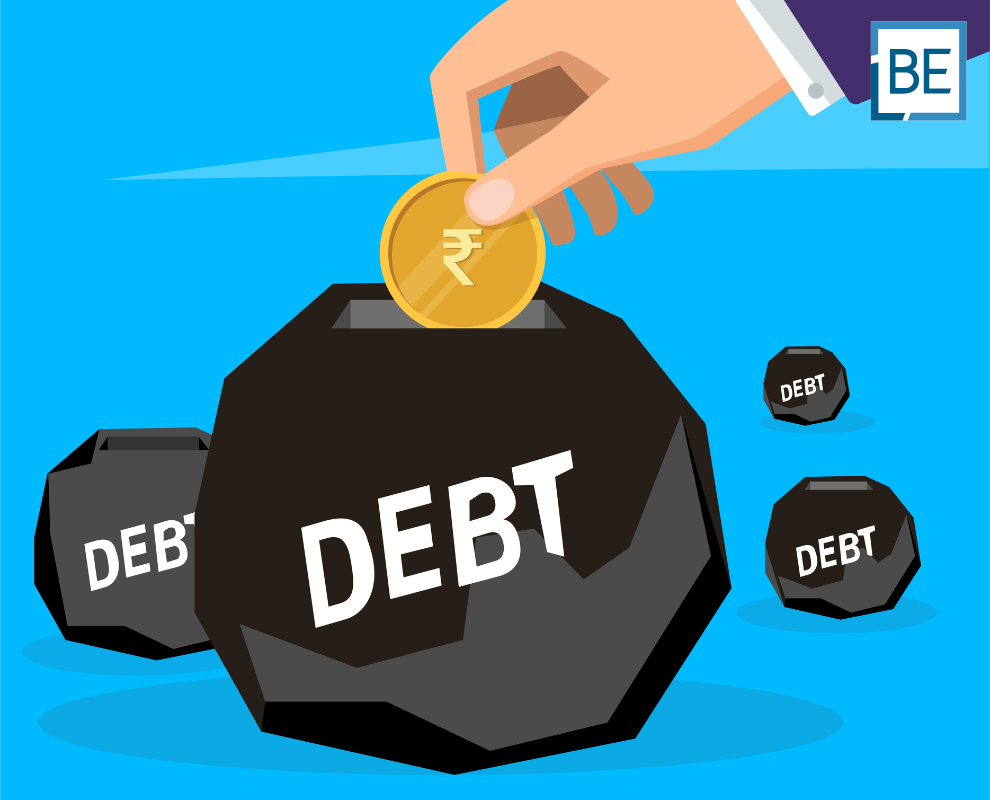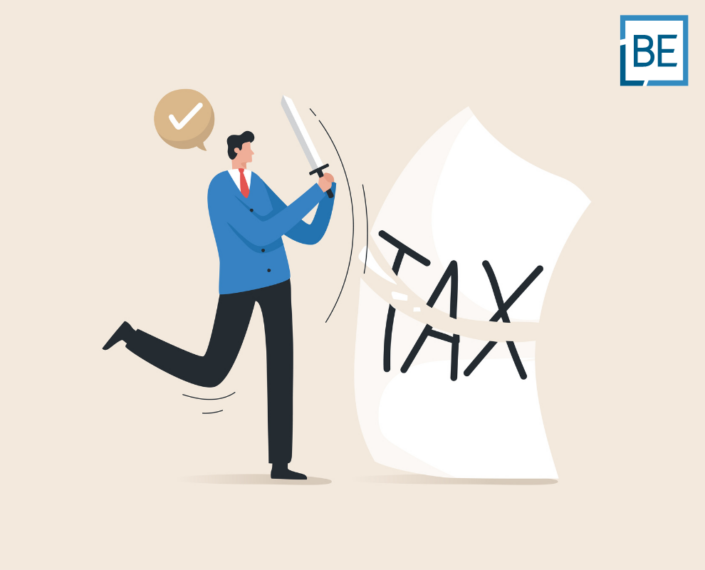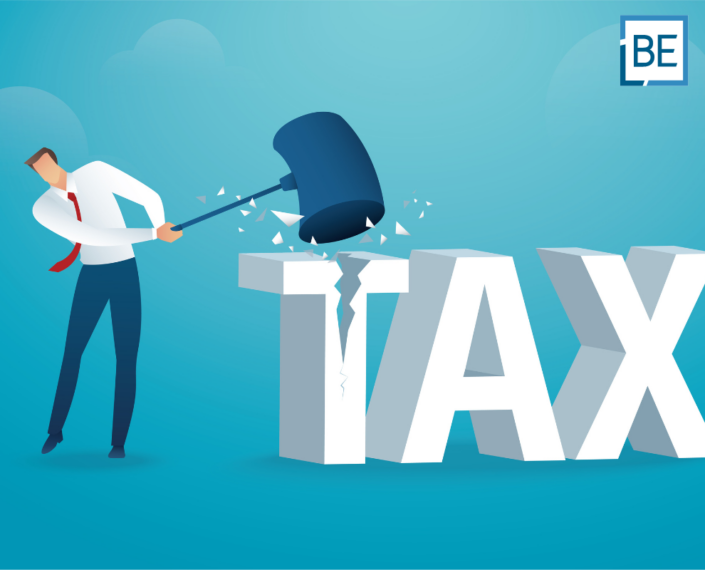Belaws Home ›› Thailand ›› Blog ›› Debt Repayment in Thailand
running a company
Debt Repayment in Thailand
25/05/2024
Debt repayment is an important part of business and financial transactions, ensuring that creditors receive the payments owed to them by debtors. In Thailand, the process of debt repayment and collection is governed by specific legislation and procedures. Understanding these legal frameworks and the options available for debt recovery is essential for both creditors and debtors.
In this blog post we will take a look at the process for debt repayment in Thailand, providing insights into the legal aspects, pre-litigation strategies, debt collection litigation, and dispute resolution methods available.
Key points
- Pre-litigation debt recovery involves negotiations and attempts to recollect debts before litigation.
- Debt collection litigation filing a written complaint with the Court of First Instance if pre-litigation efforts fail. A full trial may follow if an agreement is unlikely.
- After obtaining a court judgement, creditors may enforce it if the debtor fails to comply.
- Dispute resolution methods available include negotiation and arbitration.
What is Debt Repayment?
Debt repayment is the process of pursuing payments of debts owed by individuals or businesses. When someone borrows money or owes a financial obligation to a creditor, such as a supplier or service provider they are expected to repay the outstanding amount along with any applicable interest and fees. If the debtor fails to make timely payments, the creditor may look to recover the outstanding amount.
The Debt Collection Act in Thailand
The Debt Collection Act, B.E. 2558, aims to protect the rights of debtors and prevent amoral collection tactics by creditors. The Act applies to all debt collectors, including private creditors and organizations.
Under this Act, debtors are responsible for contract costs, delivery of property costs, and return of property costs. The law also sets a maximum legal interest rate of 15% annually, with exceptions for commercial loans and agreements specifying compound interest. The Act provides guidelines for fair and ethical debt collection practices, ensuring a more transparent and regulated process.
The Debt Collection Act in Thailand also plays an important role in protecting the rights of both creditors and debtors. The Act prohibits amoral collection tactics, ensuring that debtors are treated fairly and ethically throughout the debt recovery process. Creditors have the right to pursue debt collection as long as they follow guidelines established by the Act, promoting a balanced and regulated approach to debt recovery.
What Happens if a Company is Still Awaiting Outstanding Payment of a Debt but Wishes to Close?
When seeking to close or liquidate a company in Thailand with outstanding income receivables (money owed to the company), it becomes very important for companies to collect these debts.
If the debtor doesn’t willingly or cannot pay back their outstanding debts, the creditor may undertake the following process in order to seek payment.
Debt Repayment Through the Courts
When it comes to acquiring a business or company in Thailand, the most commonly utilised structure is the acquisition of shares. This approach offers flexibility, simplicity, and efficiency in transferring ownership and control. Share acquisition can be categorised into two main types:
- the acquisition of existing shares and
- the acquisition of new shares.
Acquisition of Existing Shares of a Company
Initiating a civil case against the debtor. In this situation a creditor files a civil lawsuit against a debtor in order to seek payment for the debt. If a debtor still fails to settle the debt after the judgement has been passed, the creditor can ask the court to enforce the judgement. Typically, a court will enforce the judgement by seizing and selling the debtor’s assets through a public auction.
Thai Law governs debt recovery through the courts and establishes specific requirements for different debt amounts:
- For outstanding debts of up to 2,000 baht, a witness statement confirming the contract is sufficient.
- For amounts exceeding 2,000 baht, a written contract presented in court is necessary.
The debt collection process should not involve compound interest, and debts can also be repaid in goods or real estate if agreed upon by both parties. Furthermore, both individuals and companies can initiate debt recovery proceedings in court.
Writing Off Debts
If the outstanding income receivable is not a significant sum of money and the company is happy to write the debt off, they must ensure the following procedure has been satisfied in order to do so.
| Debt Owed | Requirements for writing off debt |
| Debt exceeding 2,000,000 THB | – Demands for payment must have been made and pursued to the appropriate extent.
– Civil court action must have been taken against the debtor and a court order issued; or – Bankruptcy court action must have been taken against the debtor and a court order issued. |
| Debts less than 2,000,000 THB | – Demands for payment must have been made and pursued to the appropriate extent.
– Civil court action must have been taken against the debtor and a court order issued; or – Bankruptcy court action must have been taken against the debtor and a court order issued – For the actions mentioned above, a corporate entity director must authorize the write-off of the debt within 30 days of the last day of the fiscal year. |
| Debt less than 200,000 THB | – Demands for payment of the debt must have been made and pursued to the appropriate extent.
– Court action to recover the debt would incur expenses greater than the amount expected to be recovered. |
What are the typical stages of debt collection in Thailand?
When looking to recover an outstanding debt in Thailand, the following process is typically followed:
Pre-Litigation Debt Recovery
Before pursuing litigation, creditors often attempt pre-litigation debt recovery strategies. This includes attempting to recollect outstanding debts through negotiations and amicable settlements. Creditors may seek the assistance of experienced law firms specializing in debt recoveries to navigate this stage effectively.
One of the primary challenges in pre-litigation debt recovery is locating and contacting debtors who may have changed their address or engaged in restructuring or fraudulent bankruptcy. This phase typically involves sending demand letters, attempting to contact the debtor, or issuing payment notices to bring the debtor to attempt fair negotiations.
The pre-litigation debt recovery phase ends either when successful negotiations result in a repayment schedule or when the debtor’s response is unresponsive, leading to the initiation of litigation proceedings.
Debt Collection Litigation
When pre-litigation efforts fail, creditors may proceed to debt collection litigation. This phase involves filing a written complaint with the Court of First Instance, outlining the nature of the claim, relief sought, and allegations. Key factors to consider when filing a complaint include the merits of the claim, case designation, court jurisdiction, and relevant parties.
Thai courts often encourage parties to settle disputes through court-supervised mediation during the preliminary hearing. If a compromise is unlikely, the court may proceed to trial. In the event of an unsatisfactory judgement, the creditor may appeal to the Appeals Court within a month of the Court of First Instance’s decision. The Supreme Court serves as the final authority for appeals.
If the claimant is successful, all debtors are jointly and severally required to pay the debt, including principal, interest, attorney’s fees, and court fees. The litigation phase concludes either when negotiations result in an agreed-upon repayment schedule, or when the court issues a judgement that must be enforced.
Post-Litigation Enforcement
After obtaining the judgement, the creditor may proceed with post-litigation enforcement if the debtor fails to comply with the court’s order. The creditor has the right to apply for the execution of the final judgement within ten years from the date of the judgement. In the case of a debtor’s death, the creditor may seek repayment from the deceased’s estate, including any life insurances.
Section 897 of Thailand’s Civil and Commercial Code allows creditors to seek payment of a debt from a deceased debtor’s insurance benefits when beneficiaries are unspecified. However, if beneficiaries are specified, creditors are entitled to only the amount of premiums paid by the assured.
Are there any Other Dispute Resolution Methods?
Aside from litigation, there are alternative methods of addressing debt collection disputes. These methods can save time, costs, and maintain relationships between creditors and debtors. Four common dispute resolution methods include negotiation, mediation, collaborative practice, and arbitration.
Negotiation
Negotiation involves discussions between parties to reach an amicable resolution. A negotiator helps devise a possible solution that satisfies both parties’ interests. Settlements reached through negotiation are not binding unless parties enter into a legally binding agreement with a repayment schedule.
Mediation
Mediation is an alternative dispute resolution method where a neutral third party assists in finding a resolution. The mediator facilitates negotiations but does not represent either party. Mediation can be effective when parties want to maintain their relationship and protect their privacy, especially regarding financial information.
Collaborative Practice
Collaborative practice is another form of negotiation where parties aim to reach a mutually acceptable settlement. Each party is represented by their lawyer, who aims to reduce any potential conflict, keep communications open and transparent, and achieve a fair solution. Collaborative practice can be a more efficient and cost-effective alternative to litigation.
Arbitration
Arbitration is a dispute resolution method that is generally less strict and more flexible than litigation. One or more arbitrators, typically lawyers experienced in different types of disputes, are appointed to hear arguments and evidence. Arbitral awards are final and binding unless the parties agree otherwise.
How can Belaws help?
For more information about debt repayment in Thailand, why not talk to one of our experts now?
Please note that this article is for information purposes only and does not constitute legal advice.
Our consultations last for a period of up to 1 hour and are conducted by expert Lawyers who are fluent in English, French and Thai.
Consultations can be hosted via WhatsApp or Video Conferencing software for your convenience. A consultation with one of our legal experts is undoubtedly the best way to get all the information you need and answer any questions you may have about your new business or project.
USD 150
Up to 1 hour
Online payment (Paypal or Credit card)
Legal consultation can be conducted in English, French or Thai
Legal consultations are handled by experienced lawyers from the relevant fields of practice
Frequently asked questions
What is Debt Repayment?
Debt repayment is the process of paying back borrowed money or fulfilling a financial obligation to a creditor. This includes the principal amount, interest, and any applicable fees.
What is the Debt Collection Act in Thailand?
The Debt Collection Act of 2558 (B.E. 2558) protects debtors from unfair practices and sets guidelines for ethical debt collection. It also establishes a maximum legal interest rate and allows for debt repayment in goods or real estate with mutual consent.
What happens if a company is closing and has outstanding debts?
The company can initiate a civil lawsuit against the debtor to recover the debt. If a judgment is obtained but the debtor fails to pay, the company can request the court to enforce the judgment by seizing and selling the debtor’s assets.
What are the stages of debt collection in Thailand?
- Pre-litigation Debt Recovery: This involves attempts to collect the debt amicably through negotiations and demand letters.
- Debt Collection Litigation: If negotiations fail, a lawsuit can be filed with the Court of First Instance. The court may attempt mediation before a trial.
- Post-Litigation Enforcement: If a judgment is obtained, the creditor can request the court to enforce it by seizing the debtor’s assets.
Are there alternative dispute resolution methods?
Yes, several methods can save time and cost compared to litigation:
- Negotiation: Direct discussions between parties to reach a settlement.
- Mediation: A neutral third party facilitates negotiations but does not impose a solution.
- Collaborative Practice: Lawyers representing both parties work together for a fair settlement.
- Arbitration: A binding decision is made by appointed arbitrators after hearing arguments from both sides.
What are the legal guidelines for debt collection in Thailand?
The Debt Collection Act protects debtors from unfair practices and sets limits on interest rates and collection methods.
- Maximum interest rate: The legal maximum interest rate is 15% annually, with some exceptions.
- Fair debt collection practices: The Act prohibits harassment and unethical collection tactics.
Related articles
Subscribe today
Subscribe today
To our newsletter for all the latest legal news
in South East Asia, Belaws updates and
special promotions on our services.
To our newsletter today for all the latest legal news in South East Asia,
Belaws updates and special promotions on our services.







